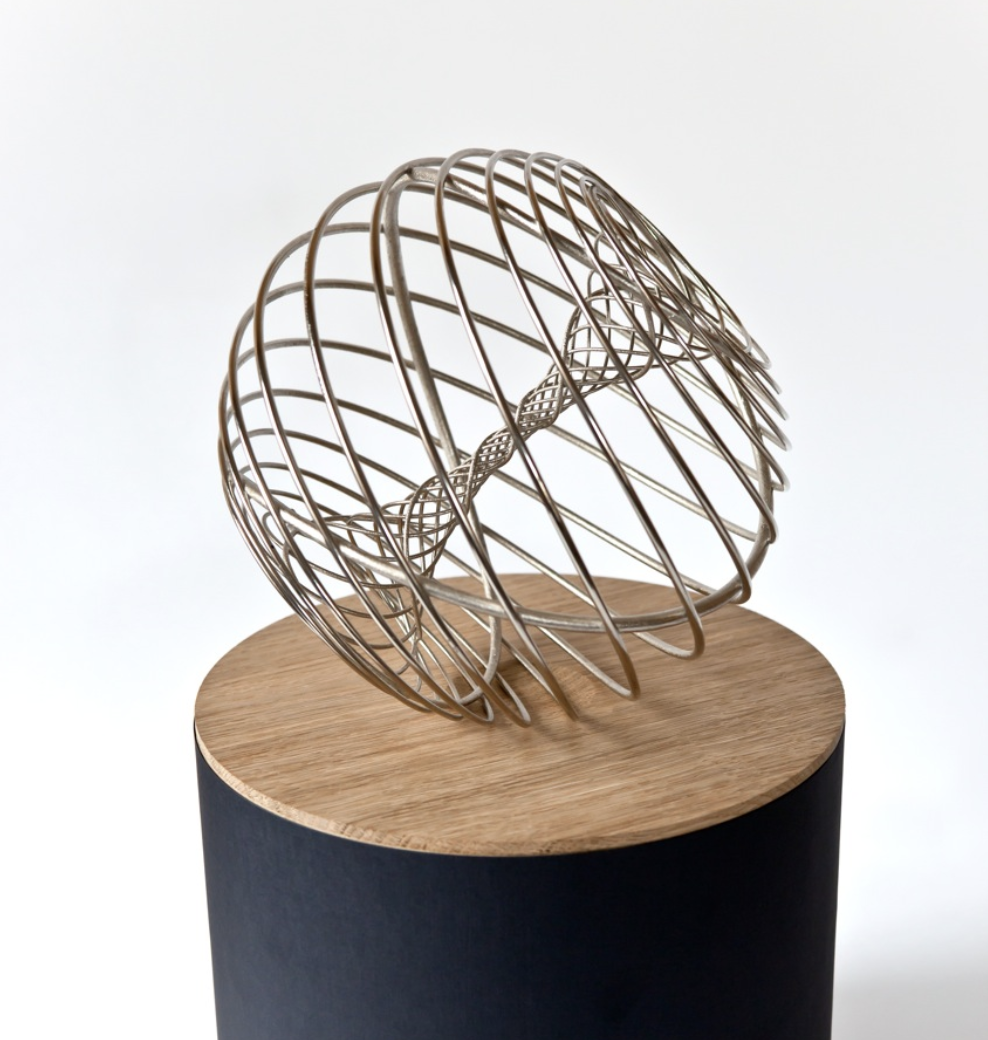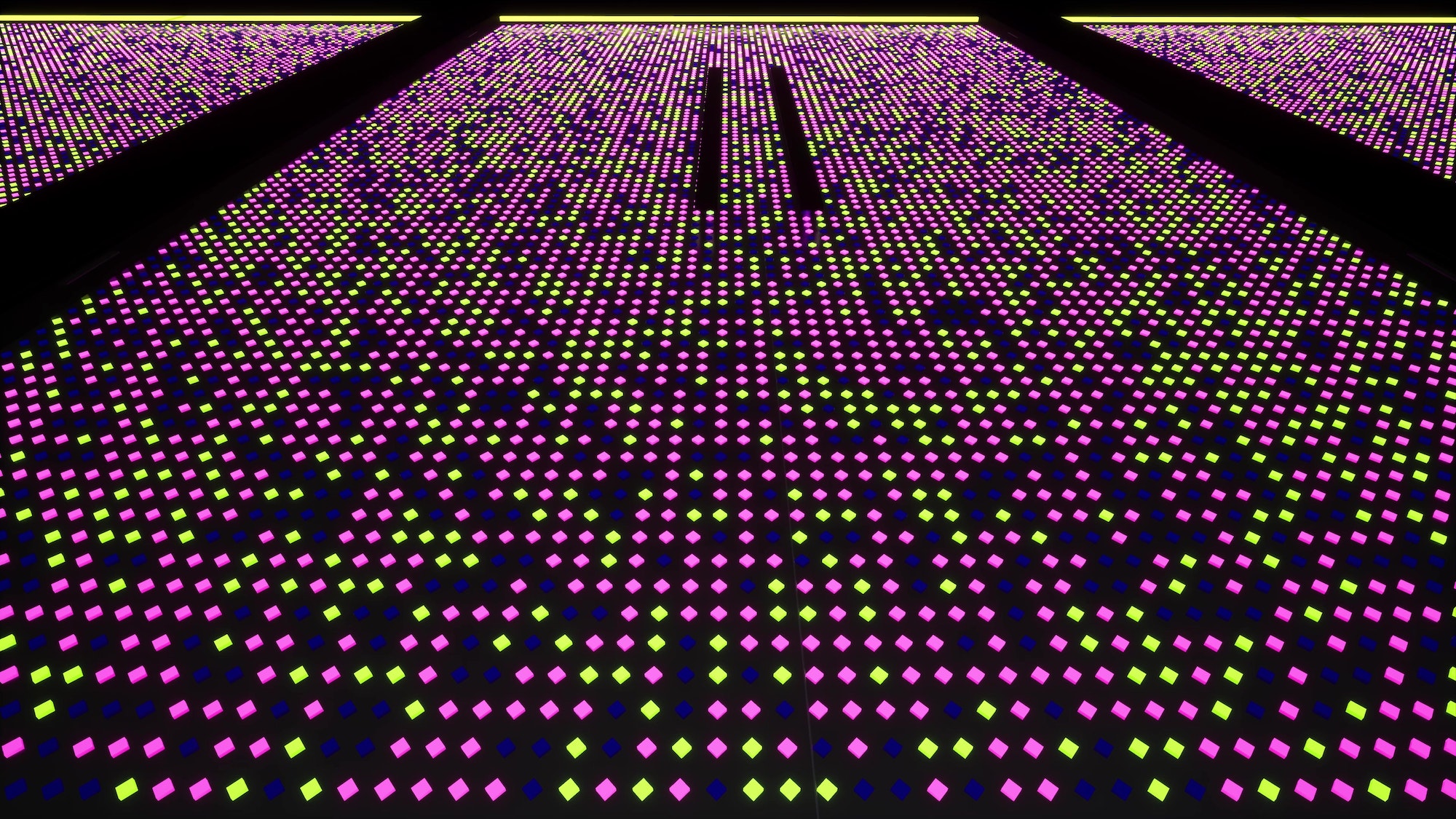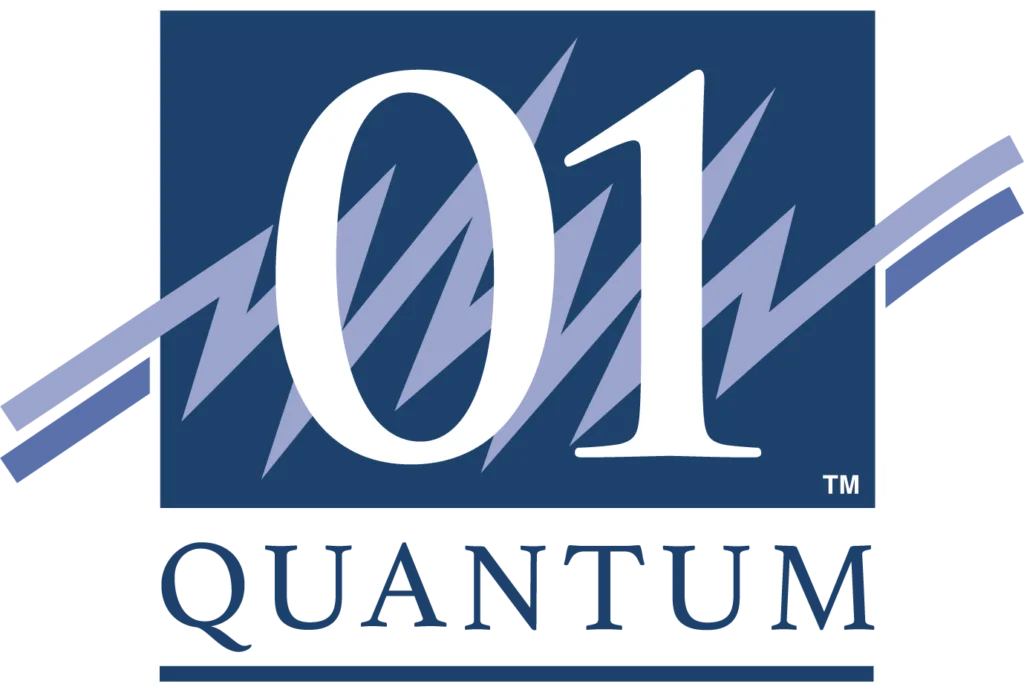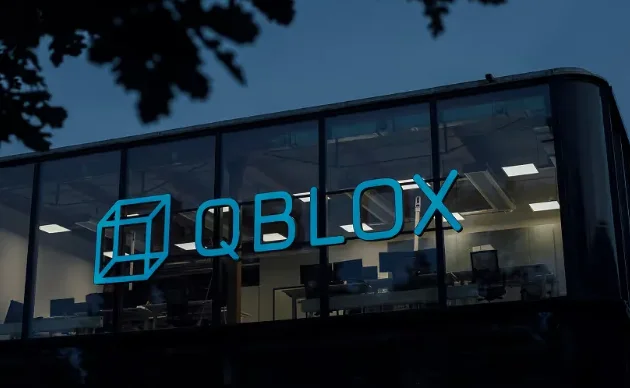Research is the fuel for the deep tech industry in general and for the quantum technology industry, specifically.
The industry, itself, is built on theoretical and experimental work that stretches back about a century. But more work is need to make quantum technology practical and ubiquitous.
In 2022, scientists have made significant steps in that direction. Like a reverse game of Jenga, where the players must carefully insert blocks to build and firm up a tall, teetering monstrosity of a building, researchers have made progress in the keystones of practical quantum technology, such as error correction, coherency and quantum volume.
This is a list of just some of these advance, based, in part, on social media, web statistics and acclaim across the media.

Also note in this list the presence of many academic-business partnerships. Quantum startups and quantum divisions in major global corporations, all steeped in science, are partnering with some of the world’s most advanced research institutions. It cannot be emphasized enough that these collaborations are, first, vital to the success of the quantum industry. Second, the number of these cross-discipline, cross-industry collaborations show that quantum tech workers can make these complex partnerships with ease, a good sign for eventual success of what might be the world’s most exciting and complication computational challenge.

Four Quantum Pioneers Share the Breakthrough Prize in Fundamental Physics
Four pioneers in the field of quantum information were among the list of the 2023 Breakthrough Prize laureates, according to a statement from the Breakthrough Prize Foundation. David Deutsch, Peter Shor, Charles H. Bennett and Gilles Brassard were listed as this year’s winner in the fundamental physics category. Each winner will receive about $3 million.
IBM Unveils 400 Qubit-Plus Quantum Processor and Next-Generation IBM Quantum System Two
IBM announced new advances in quantum hardware and software and outlining its pioneering vision for quantum-centric supercomputing at the annual IBM Quantum Summit. Dr. Darío Gil, Senior Vice President, IBM and Director of Research, told summit attendees that the new 433 qubit ‘Osprey’ processor will bring the community a step closer to the point where quantum computers will be used to tackle previously unsolvable problems.

Physicists Use Quantum Computer to Probe Wormhole Dynamics
Scientists have, for the first time, developed a quantum experiment that allows them to study the dynamics, or behavior, of a special kind of theoretical wormhole. The experiment has not created an actual wormhole (a rupture in space and time), rather it allows researchers to probe connections between theoretical wormholes and quantum physics, a prediction of so-called quantum gravity.
“This work constitutes a step toward a larger program of testing quantum gravity physics using a quantum computer. It does not substitute for direct probes of quantum gravity in the same way as other planned experiments that might probe quantum gravity effects in the future using quantum sensing, but it does offer a powerful testbed to exercise ideas of quantum gravity.” — Maria Spiropulu, the Shang-Yi Ch’en Professor of Physics, Caltech
Record Measurement Brings Mass Production of Quantum Chips Closer
Quantum Motion reportedly achieved a record measurement of quantum devices made on a silicon chip. The company was been able to place thousands of quantum dot devices, integrated alongside control electronics operating at temperatures less than one tenth of a degree above absolute zero, and all realized on a single silicon chip fabricated in a commercial semiconductor foundry. They report this advance lays the foundations for mass production of quantum chips.
Riverlane: Quantum Computers Might Shorten Drug Simulation Time
Riverlane-led researchers published a paper in the Journal of Chemical Theory and Computation outlining advances in quantum algorithms that can reduce the amount of resources required for researchers to achieve useful results. Focusing on the cancer growth inhibitor Ibrutinib, the Riverlane team’s estimates show that the resources required to run calculations in active spaces of 50 orbitals and electrons, has fallen from over 1,000 years to just a few days.
Record Measurement Brings Mass Production of Quantum Chips Closer
Quantum Motion, a UK-based quantum computing start-up led by academics from UCL and Oxford University, achieved a record measurement of quantum devices made on a silicon chip. The company was able to place thousands of quantum dot devices, integrated alongside control electronics operating at temperatures less than one tenth of a degree above absolute zero, and all realized on a single silicon chip fabricated in a commercial semiconductor foundry.
Researchers Hit Record Long-Lived Coherent Quantum States in a Superconducting Device
Researchers showed that large numbers of quantum bits, or qubits, can be tuned to interact with each other while maintaining coherence for an unprecedentedly long time, in a programmable, solid state superconducting processor. The team included members from Arizona State University and Zhejiang University in China, along with theorists from the United Kingdom.
Study: Quantum Computing in Silicon Hits 99% Accuracy
Australian researchers have demonstrated that near error-free quantum computing is possible, paving the way to build silicon-based quantum devices compatible with current semiconductor manufacturing technology. Professor Andrea Morello of UNSW, who led the work said the team reported in Nature that the team’s operations were 99 per cent error-free.
Quantum AI May Need Only Minimal Data — Proof Takes Step Toward Quantum Advantage
Training a quantum neural network requires only a small amount of data, according to a new proof that upends previous assumptions stemming from classical computing’s huge appetite for data in machine learning, or artificial intelligence. The theorem has several direct applications, including more efficient compiling for quantum computers and distinguishing phases of matter for materials discovery.

Chinese Researchers Report on Highly Efficient Process for Entangling Photons
A team of Chinese scientists report on a new method for entangling photons that they say could make quantum networks and quantum computing more practical. In a study published in Nature Photonics, the team from the University of Science and Technology of China said that the new way to produce entangled photons is extremely efficient. The work was led by Jian-Wei Pan, one of the world’s leading quantum researcher from the Hefei National Research Center for Physical Sciences at the Microscale, the University of Science and Technology of China and CAS Center for Excellence in Quantum Information and Quantum Physics, University of Science and Technology of China.
“Our approach is advantageous since it is not only very resource efficient by merely using a single setup but also shows much better scaling of adding more photons.”
Quantinuum Study Shows Logical Qubits Can Outperform Physical Qubits, Major Step Toward Scalable Quantum
A team of Quantinuum scientists report on an important research advance that shows logical qubits can outperform physical qubits, a key step toward quantum computers that can be used to solve practical problems. It’s also an achievement that only recently was thought to be years away. The demonstration offers a path toward scalability, qubit efficiency and less circuitry needed for fault-tolerance, the team added.
NVIDIA Says Unified Computing Platform Will Speed Up Quantum R&D
The NVIDIA Quantum Optimized Device Architecture, or QODA, aims to make quantum computing more accessible by creating a coherent hybrid quantum-classical programming model, according to a statement. QODA is an open, unified environment for some of today’s most powerful computers and quantum processors, improving scientific productivity and enabling greater scale in quantum research.

QCI Solves 3,854-Variable Problem in Six Minutes in BMW Group, AWS Quantum Computing Challenge
Quantum Computing Inc. (QCI) (NASDAQ: QUBT), a leader in accessible quantum computing, today announced that it has solved an optimization problem with over 3,800 variables in six minutes, delivering a superior and feasible solution. The Company achieved this landmark by applying a new quantum hardware technology called Entropy Quantum Computing (EQC) to the BMW Vehicle Sensor Placement challenge, a complex problem consisting of 3,854 variables and over 500 constraints. In comparison, today’s Noisy Intermediate Scale Quantum (NISQ) computers can process approximately 127 variables for a problem of similar complexity.
“We believe that this proves that innovative quantum computing technologies can solve real business problems today. What’s even more significant is the complexity of the problem solved. This wasn’t just a rudimentary problem to show that quantum solutions will be feasible someday; this was a very real and significant problem whose solution can potentially contribute to accelerating the realization of the autonomous vehicle industry today.” — Bob Liscouski, CEO of QCI
SEEQC Uses FormFactor’s Qubit Pre-screening Solution to Speed Quantum Computing Development
FormFactor, Inc., a leading semiconductor test and measurement supplier, announced that SEEQC, the Digital Quantum Computing company, has deployed FormFactor’s recently announced integrated measurement solution to markedly expedite its quantum computing research and development program. The measurement solution, including the sub-50mK HPD Model 106 Adiabatic Demagnetization Refrigerator (ADR) and the PQ500 RF and DC probe socket, complements sub-10mK dilution refrigerators to accelerate cryogenic test cycles by more than two times.
Researchers Teleport Quantum Information Across Quantum Network
Researchers in Delft have succeeded in teleporting quantum information across a rudimentary network. This first of its kind is an important step towards a future quantum internet. This breakthrough was made possible by a greatly improved quantum memory and enhanced quality of the quantum links between the three nodes of the network. The researchers, working at QuTech—a collaboration between Delft University of Technology and the Netherlands Organisation for Applied Scientific Research (TNO)—are publishing their findings today in the scientific journal Nature.
Error-Mitigation Techniques Can Pump Up The Quantum Volume
Boosting quantum volume may not be a job just for hardware makers, according to researchers from the Unitary Fund. Quantum algorithm developers can play a role, too. In a study, the team said that they experimentally demonstrated that error mitigation improves the effective quantum volume of several different quantum computers
Researchers May Have a Method to Keep Quantum Information as Safe as Classical Information
A team of Moscow State University-led researchers have theoretically shown that quantum information can be kept safe from errors just like classical information, according to Quanta Magazine. The team — led by Pavel Panteleev and Gleb Kalachev of Moscow State University — released its findings in ArXiv, a preprint server. The researchers combined two classical methods and invented new techniques on their own. Prior to this study, most methods to keep quantum information safe from errors could not compete with the reliable and efficient methods of classical computers.
If you found this article to be informative, you can explore more current quantum news here, exclusives, interviews, and podcasts.













